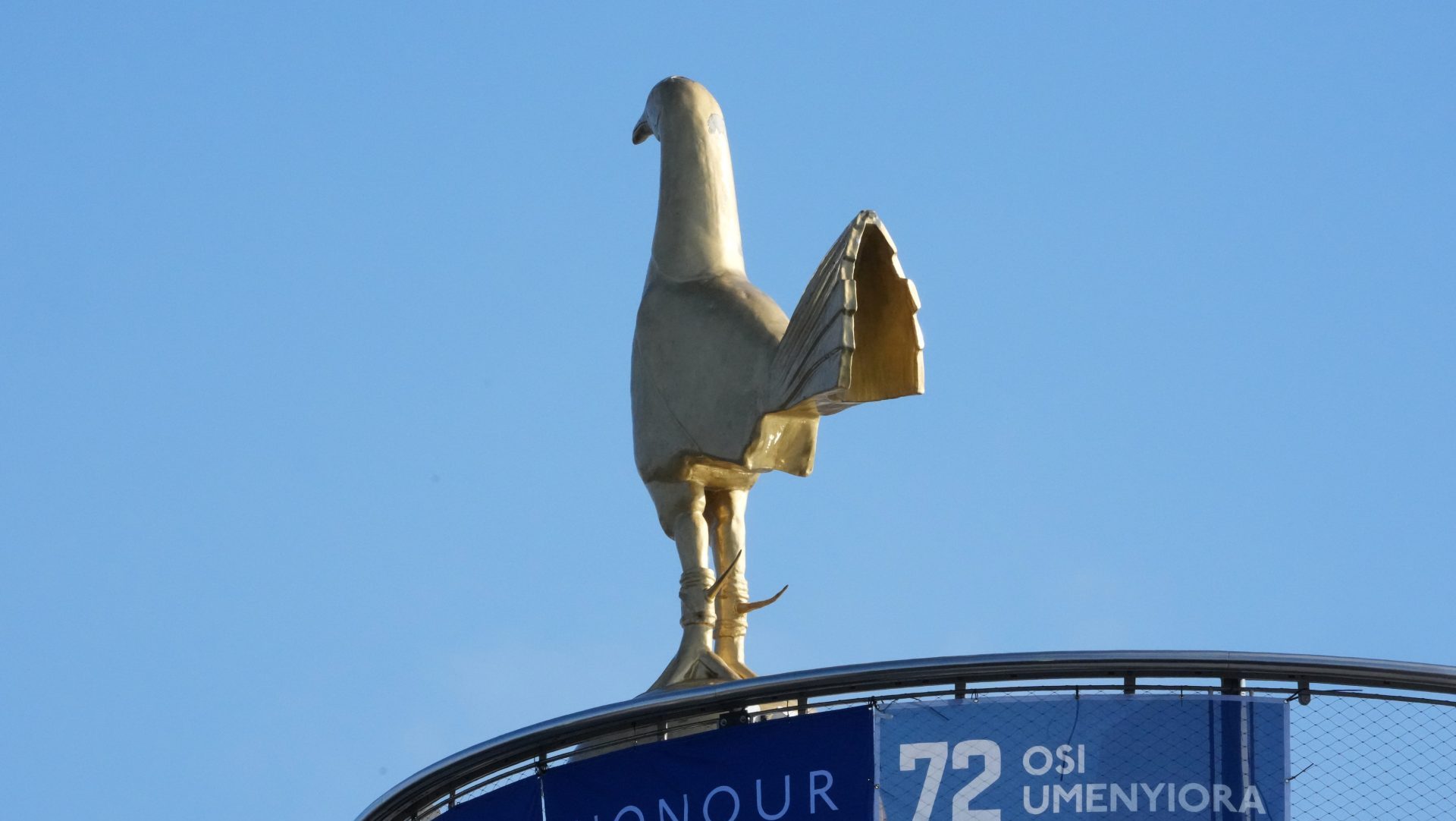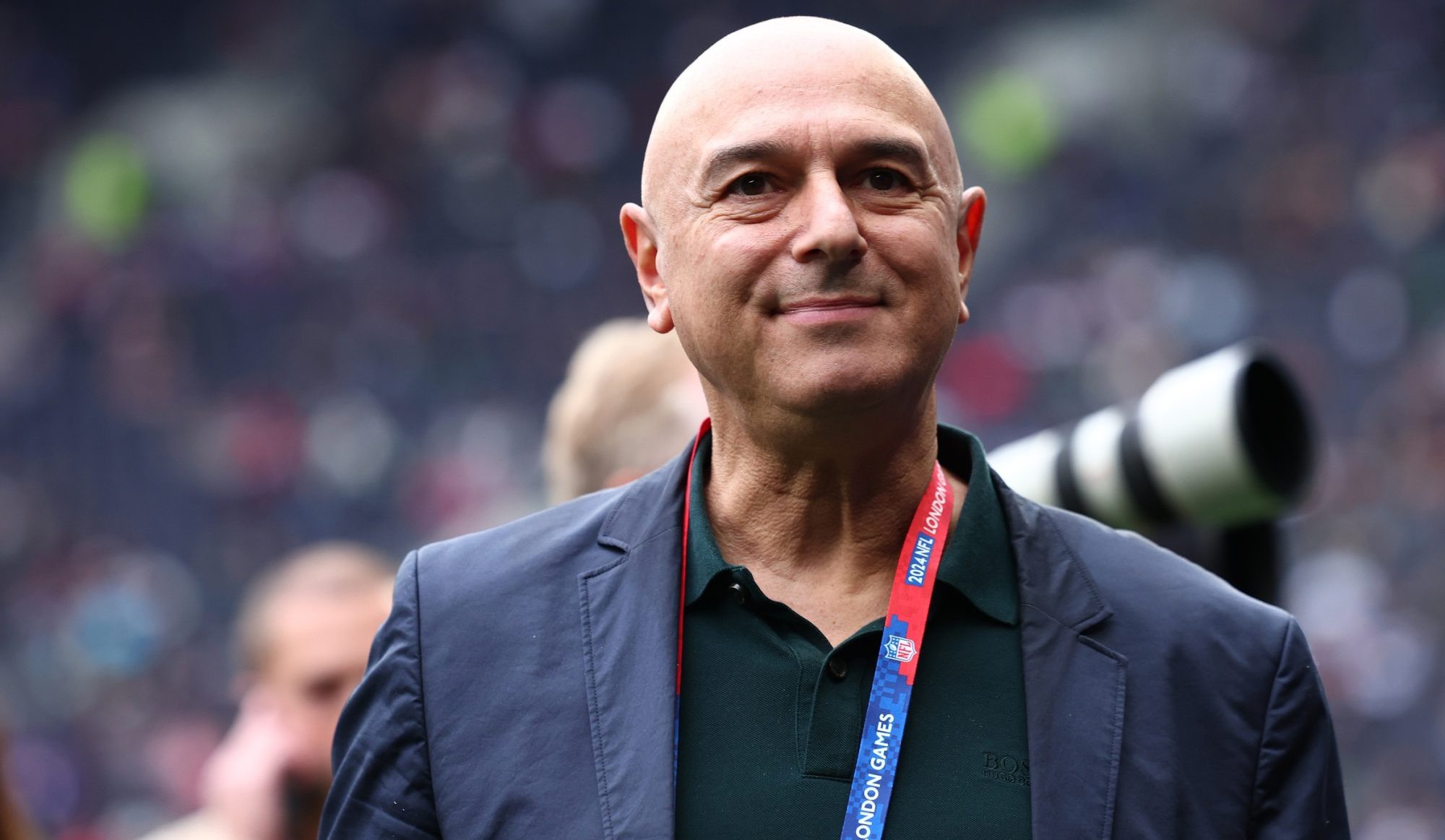Tottenham Insists It’s Not for Sale As Buyers Circle

Premier League soccer club Tottenham Hotspur keeps saying it’s not for sale, but suitors keep circling—and industry sources say it’s only a matter of time before a deal gets done.
Spurs majority owner ENIC Sports & Development, which is controlled by the Lewis family trust, has remained steadfast that the club is not on the market. Three “expressions of interest” have been rejected since September—from PCP International Finance, Firehawk Holdings, and a group led by tech entrepreneur Brooklyn Earick (expressions of interest come before formal takeover offers).
A Spurs spokesperson told Front Office Sports Tuesday “we can say on the record the club is not for sale, as we have repeatedly over the last few months.”
But sources aren’t buying that the Spurs cannot be bought.
“Everyone knows damn well they’re for sale,” one European soccer club owner tells FOS.
“Surely she doth protest too much,” says another European soccer club owner, referencing the line from Hamlet.
Last month, Spurs received a nearly $134 million (£100 million) capital infusion from its existing owner, money meant to boost spending power on players, facilities, and more. That investment reflects the “Lewis family’s ongoing commitment to the Club and its future,” the club said in a statement at the time.
Sources speculate that Spurs could simply be waiting for a bid that blows them away. The club has an estimated valuation of $3.3 billion, according to Forbes. The Earick group reportedly made an expression of interest valued at $5.9 billion (£4.5 billion). Spurs, a historically successful English football club that has existed since 1882, is currently in fifth place in the Premier League with a record of 5-3-3. Chelsea, a comparable franchise in terms of history and potential value, sold in 2022 in a deal worth up to £4.25 billion.
Although the team called Earick’s approach “unsolicited,” he made social media posts suggesting otherwise. The value of the other approaches that have been rejected were not clear.
“If you want to maximize the number, say it’s not for sale,” one of the European club owners tells FOS.
Including the two club owners, four total sources who work in European soccer tell FOS a Spurs sale is bound to happen. Two pointed to the fact that longtime owner Joe Lewis—the 88-year-old London-born billionaire—stopped having “significant control” of the club in 2022, when it was transferred to a family trust. The following year, Lewis was charged with insider trading in the U.S., and in April 2024 he was sentenced to three years of probation for providing nonpublic stock tips about his private-equity firm’s portfolio companies to his girlfriend and private-jet pilots.
Several factors make a sale all but inevitable, sources say, including Lewis’s waning influence and the recent departure of Daniel Levy—former Spurs chairman who was one of the most influential people at Spurs for nearly 25 years. Levy and members of his family still own a stake in the club through a roughly 29% interest in ENIC, but one source says it’s common knowledge that he and the Lewis family—including Joe’s adult children, Vivienne and Charles—didn’t see eye to eye.
“I think this was a power play,” the source says. “I would imagine the kids are going to monetize and sell the club.”
Tottenham, which used to be publicly traded on the London Stock Exchange, has been private since 2012. Roughly 13% of the team is still owned by smaller minority owners, who can still trade their shares every two months on a platform called Asset Match. The U.K. City Code on Takeover and Mergers still applies to the club because of those minority shareholders, meaning any formal offer that would impact their interests must be publicly disclosed—although informal expressions of interest or exploratory talks generally do not trigger the same reporting requirements. Any deal would also be subject to Premier League approval.
The Premier League and UEFA declined to comment. The U.K.’s Independent Football Regulator, PCP International Finance, and Earick did not immediately respond to requests for comment. Firehawk Holdings could not immediately be reached.
